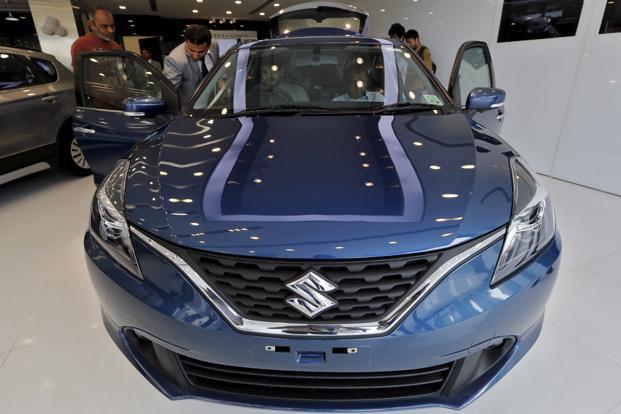
In the aftermath of the Union government’s decision to not formulate any policy regarding electric vehicles in India, two major Japanese automotive manufacturers Toyota Motor Corp. and Suzuki Motor Corp. on Thursday reached a basic agreement towards mutual supply of hybrid and other vehicles between the two companies for the Indian market.
This agreement can be termed as the second major development arising out of the Toyota and Suzuki collaboration to save their respective turfs in the Indian automobile market.
As part of the agreement, Suzuki will supply its popular vehicles like the Baleno (a premium hatchback) and Vitara Brezza (compact SUV) to Toyota, while the world’s second largest car maker will supply the Corolla (a sedan) to Suzuki in the domestic market.
According to a statement issued by Toyota Kirloskar Motor Ltd, the Indian subsidiary of Toyota Motor, details on each model, such as the schedule of the start of supply, number of supplied units, vehicle specifications, and supply pricing, will be considered at a later stage. The vehicles will be sold by respective subsidiaries of Toyota and Suzuki (Maruti Suzuki India Ltd) based in India through their respective sales networks.
“By challenging and competing with each other with the goal of mutual improvement, Toyota and Suzuki aim to invigorate the Indian automotive market to further enhance their respective products and services to be offered to customers,” the statement further noted.
Both these Japanese automotive behemoths first made an announcement on 6 February 2017, when they concluded a memorandum toward business partnership. The two companies have been exploring concrete projects for collaboration in areas including environmental technology, safety technology, information technology and the mutual supply of products and components.
Subsequently on 7 November 2017, an announcement of a memorandum of understanding between Toyota and Suzuki was made to consider a cooperative structure for introducing battery electric vehicles in the Indian market in around 2020.
The decision to make electric vehicles In India is the first major agreement by both the companies as part of the collaboration.
Suzuki is already in the process of setting up a lithium ion battery manufacturing unit in its Hansalpur manufacturing capacity in Gujarat. The initial plan was to manufacture batteries for hybrid vehicles which will be subsequently used for electric vehicles as well.
Toyota is already known for its technological prowess for developing hybrids and plug-in hybrid vehicles across the world.
Developing and supply of electric, hybrid and other vehicles may not be the end of the collaboration between the companies since both manufacturers will try to explore each other’s company in different aspects of the automobile business.
“Pursuant to the agreement announced on February 6, 2017, the two companies will continue to explore other collaborative projects that will contribute to the attainment of a sustainable mobile society in a manner that ensures fair and free competition,” Toyota’s statement further mentions.
